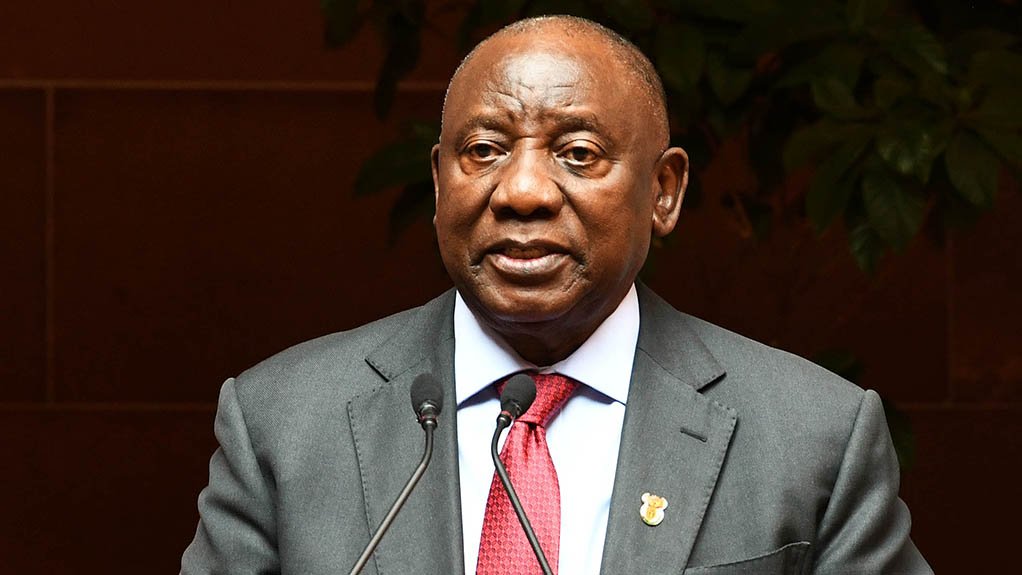For the first time this year, economists are divided over whether South Africa’s central bank will continue to leave interest rates at a 2009 high or loosen them.
Those favouring a cut argue that the recent formation of a market-friendly coalition government that’s committed to implementing economic reforms has reduced the nation’s political risk, providing scope for the bank to ease policy. They also cite factors such as rand strength, declining inflation expectations and US data reinforcing the case for the Federal Reserve to loosen monetary policy soon.
Goldman Sachs Group and Deutsche Bank AG are among three of 23 participants in a Bloomberg survey predicting Governor Lesetja Kganyago’s monetary policy committee will reduce interest rates by 25-basis points. Most economists in a separate Bloomberg survey also expect the MPC to be split on the decision, with one member favouring a 25 basis-point cut and the other five a hold.
“With the South African Reserve Bank likely to undertake dovish forecast revisions — to both inflation and growth — at the July MPC meeting, we think that the economic case for a rate cut has now strengthened considerably,” Goldman’s Andrew Matheny said in a note.
The rest of the economists surveyed expect the bank to hold at 8.25% for a seventh straight meeting, with some seeing the possibility of easing in September. Kganyago has previously signalled the MPC will only ease policy when the annual inflation rate has declined sustainably at the 4.5% midpoint of the bank’s target range; it was at 5.2% in May.
While the MPC “could happily cut in July,” given lesser inflation and currency risks, they may be inclined to take a gradual approach and opt to wait, said Kim Silberman, an economist and macro strategist at Matrix Fund Managers, who anticipates a hold. “They don’t like to surprise the market.”
The rate decision, expected shortly after 3 pm local time, will be delivered virtually by Kganyago, who will be in Cape Town to attend the opening of Parliament by President Cyril Ramaphosa at 7 pm.
The president is likely to be among those pinning their hopes on the central bank taking a more dovish stance as the government seeks to kickstart an economy that’s been misfiring for years.
The youth unemployment rate stands at almost 46% and the National Treasury expects gross domestic product to expand by an average of 1.6% annually through 2026, insufficient to keep pace with population growth.
Ramaphosa is expected to outline priorities and programs agreed by his new multi-party cabinet at a meeting held over the weekend.
The atmosphere at the planning session, known locally as a lekgotla, had “a spirit of cordiality such that we will be able to grow this economy” and tackle youth unemployment, said Finance Minister Enoch Godongwana on Wednesday. “We will say something, I think we can reorganize the budget, we can reorganize this government using the same envelope.”
EMAIL THIS ARTICLE SAVE THIS ARTICLE
To subscribe email subscriptions@creamermedia.co.za or click here
To advertise email advertising@creamermedia.co.za or click here











